In this series of short 30 minute webinars hosted by the Norwegian CCS Research Centre, you will get to dive into the latest CCS science – from capture technologies and their integration with process industries, to CO2 transport in pipe-lines and by ship, to injection and storage.
The webinars are free and open to anyone.
Everyone who signs up will be sent a recording of the webinar afterwards. So, if you are interested but unsure if you can attend, sign up and watch the recording later.
About the Norwegian CCS Research Centre (NCCS)
NCCS is a research centre hosted by SINTEF Energy Research, working together with an international team of researchers and industry partners to fast-track CCS deployment through science based research and innovation.
1 Oct: The Norwegian CCS Research Centre: Overcoming barriers to CCS deployment through industry-driven Research and Innovation
1 Oct: Instability in salt precipitation due to dry CO2 injection
6 Oct: International Synergism with NCCS’ goals: Examples from the UK
6 Oct: How to use recent developments of the Matlab Reservoir Simulation Toolbox for fast prototyping of complex fluid models
8 Oct: Safe CO2 transport – A 90 meters deep experimental facility in the university campus
8 Oct: Potential and challenges for CO2 capture integration in process industries
13 Oct: Aligning European CCUS funding and R&I strategies
13 Oct: Membrane-Assisted CO2 capture through liquefaction for clean H2 production
15 Oct: Safe CO2 transport – The importance of experiments and models
15 Oct: Safe CO2 transport – Design of an offshore CO2 -transportation pipeline
20 Oct: The path to zero-carbon, large-scale power generation: State-of-the-art, progress and remaining challenges in hydrogen-firing of gas turbines
20 Oct: More accurate fluid properties enable reductions of CCS costs and risks
22 Oct: Safe and cost-efficient CO2 storage: Emerging monitoring technologies
22 Oct: CO2 liquefaction for ship transport – How low pressure?
27 Oct: Reducing risks using geological models for CO2 storage
29 Oct: Solvent degradation testing in post-combustion CO2 capture – The importance of fundamental knowledge and test strategies.
29 Oct: Deployment of a transport infrastructure for CCS from Norwegian industry
Webinar 1:
The Norwegian CCS Research Centre: Overcoming barriers to CCS deployment through industry-driven Research and Innovation
1 October – 13.00-13.30
The Norwegian CCS Research Centre is entering its fourth year and will use this NCCS Fall Webinar Series to share its results and innovations so far not only with our partners, but with the rest of the community and to all interested parties. Amy Brunsvold (NCCS Centre Manager) will provide a short overview of the Centre to set the scene for the NCCS Webinars Series Fall 2020 with the focus on reducing the costs of CCS, de-risking CCS, and scaling up CCS.
Webinar 2:
Instability in salt precipitation due to dry CO2 injection
1 October – 13.30-14.00
Salt clogging is potentially a serious issue for efficient long-term CO2 injection into saline aquifers and depleted oil and gas reservoirs. In our core-flooding experiments at reservoir conditions, we observed instability in salt precipitation caused by interplay of different parameters, mainly CO2 injection rate, porosity and permeability. This work contributes to better understanding of underlying physical mechanisms and has implications on operational strategies for more efficient CO2 injection.
Webinar 3:
International Synergism with NCCS’ goals: Examples from the UK
6 October – 13.00-13.30
CCS deployment plans in the UK are developing rapidly, through a national strategy centred around clusters with shared CO2 transport and storage. The UKCCSRC and its members and associates are both engaged with ongoing activities and planning for what comes next. In the shorter term immediate questions around issues such as environmental permitting and risk reduction for earlier plants are likely to be important. But, as the awareness of the availability of accessible CO2 transport and storage infrastructure grows, a much wider set of existing and new CCS applications are expected too.
Webinar 4:
How to use recent developments of the Matlab Reservoir Simulation Toolbox for fast prototyping of complex fluid models
6 October – 13.30-14.00
In the Matlab Reservoir Simulation Toolbox (MRST) an automatic differentiation (AD) framework, combined with object oriented (OO) property model, allows fast prototyping for testing of complex fluid models. This opens possibilities for testing modelling approaches for chemical EOR and mobility control.
Webinar 5:
Safe CO2 transport – A 90 meters deep experimental facility in the university campus
8 October – 13.00-13.30
DeFACTO is a 90 meters deep vertical flow facility for CO2 transport and injection installed in the NTNU campus, Gløshaugen. The webinar will provide a go-through of the facility, highlighting its design features and navigating through the critical experimental outcomes expected from this ambitious project. Stay tuned!
Webinar 6:
Potential and challenges for CO2 capture integration in process industries
8 October – 13.30-14.00
The Norwegian and European process industry sees CCS as one of the key technologies to lower their CO2 emissions and product footprint and become climate neutral. An extension of the Norwegian full-scale project will most likely involve CCS from process industries. In order to build a business case for CCUS, reducing the cost of CO2 capture is crucial.
This webinar will explain the potential and challenges of CO2 capture integration in process industries, including examples of innovative ways of integrating CO2 capture technologies and their cost reduction potential that resulted from R&I activities within the first years of the Norwegian CCS Centre.
Webinar 7:
Aligning European CCUS funding and R&I strategies
13 October – 13.00 – 13.30
This webinar will focus on a common European effort to enable CCUS in Europe – in which important stakeholders (industry, academia, national governments and the European Commission) share a common vision. You will be informed about actions happening now – and NCCS invites the participants to participate in the important work lying ahead. Speaker is Chief market developer, PhD Marie Bysveen. She is also the director of EERA JP CCS and the leader of NCCS Task 6.
Webinar 8:
Membrane-Assisted CO2 capture through liquefaction for clean H2 production
13 October – 13.30 – 14.00
The webinar will present a hybrid process for low emission hydrogen production that combines a membrane-based steam reformer and CO2 liquefaction technologies. Both technologies are being studied and developed within NCCS. The webinar deals with the hybrid operation of these technologies, which is studied by process optimization with initial focus on overall energy efficiency.
Webinar 9:
Safe CO2 transport – The importance of experiments and models
15 October – 13.00 – 13.30
The webinar will discuss how firm knowledge in the form of experimental data and quantitative models contribute to safe and efficient CO2-transortation systems, and hence also to CCS deployment. In particular, a results will be shown from recent study performed at the ECCSEL Depressurization Facility on the decompression of a tube filled with gaseous or liquid CO2.
Webinar 10:
Safe CO2 transport – Design of an offshore CO2-transportation pipeline
15 October – 13.30-14.00
On request from Equinor, the proposed Northern Lights pipeline is assessed by SINTEF with respect to running ductile fracture. To this end, thermodynamic analyses have been conducted to estimate the loading conditions, and the pipelines response is evaluated by analytical methods and by SINTEF’s coupled FE-CFD code. It is shown that the proposed pipeline has sufficient capacity to arrest a running ductile fracture.
Webinar 11:
The path to zero-carbon, large-scale power generation: State-of-the-art, progress and remaining challenges in hydrogen-firing of gas turbines
20 October – 13.00 – 13.30
The webinar will summarize the present status in hydrogen-firing capabilities for state-of-the-art, commercially available gas turbines technology. Recent developments and progress achieved across various gas turbine classes will be highlighted together with remaining challenges. A selection of fundamental and applied research topics addressed at SINTEF/NTNU, related to combustion of hydrogen-enriched fuels in gas turbines, will be presented.
Webinar 12:
More accurate fluid properties enable reductions of CCS costs and risks
20 October – 13.30 – 14.00
Finding the best solutions in terms of costs and safety is key to achieve large-scale CCUS deployments, both in the short and long term. Among other factors, such an optimization will depend on accurate and robust models and hence data for relevant fluids and conditions. In this webinar, ways in which fluid properties will affect CCS costs and risks will be discussed, as well as how NCCS improves the precision of fluid property predictions through targeted measurements and modeling. An overview of the experimental capabilities of SINTEF Energy Research on fluid property measurements will be provided.
Webinar 13:
Safe and cost-efficient CO2 storage: Emerging monitoring technologies
22 October – 13.00 – 13.30
A reliable monitoring system is essential for safe and cost-efficient CO2 storage. The webinar will discuss emerging technologies for acquisition and interpretation of geophysical data for efficient and accurate CO2 monitoring. This will include topics such as fibre-optic sensing, noise-based monitoring, integration of complementary data types, and use of machine learning.
Webinar 14:
CO2 liquefaction for ship transport – How low pressure?
22 October – 13.30 – 14.00
If the liquid CO2 transport pressure on ships can be reduced from typically 15 bar(g) today to e.g. 5-6 bar(g), the transport capacity can be increased, and the transportation costs decreased. There are however several questions and concerns related to low pressure CO2 liquefaction and transport that must be addressed to make this a viable option. In this webinar the latest experimental results from Task 4 will be presented, and some of these challenges addressed.
Webinar 15:
Reducing risks using geological models for CO2 storage
27 October – 13.00 – 14.00
In derisking of CO2 storage sites prior to operations, faults represent potential fluid conduits that are challenging to forecast both when it comes to initial properties, but especially for increased fluid pressures anticipated by CO2 injection. We consider processes in sandstone reservoirs and shale seals to deformation events and subsequent healing linked to compaction and mineral precipitation. Our presentation centres on outcrop and subsurface cases of the North Sea Horda Platform (Smeaheia area), Utah and Svalbard, offering complementary datasets pointing to pressure-driven fault reactivation cycles and high self-sealing potential.
Webinar 16:
Solvent degradation testing in post-combustion CO2 capture – The importance of fundamental knowledge and test strategies.
29 October – 13.00 – 13.30
The topic of this presentation is a comparison of observed degradation from three different campaigns with ethanolamine (MEA) as solvent in SINTEF’S solvent degradation rig (SDR) as well as some data from pilot campaigns. Parameters that have been varied in these SDR campaigns includes NOx level in the flue gas, stripper temperature, MEA concentration. The purpose of the last campaign was to stress the solvent to a larger extent than before to be able to understand some of the pilot data available and to try to find out the limitations for the specific solvent.
Webinar 17:
Deployment of a transport infrastructure for CCS from Norwegian industry
29 October – 13.30 – 14.00
With an increasing transport demand of CO2, benefits of economics of scale may be present. We explore the cost savings related to a shared ship portfolio, the effects on optimal transport conditions and chain design.


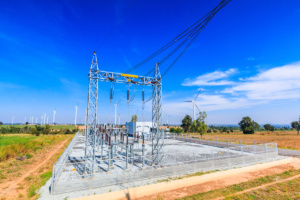

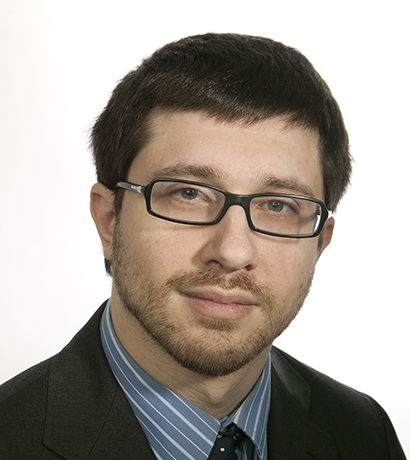

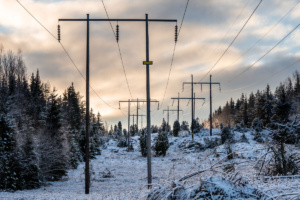
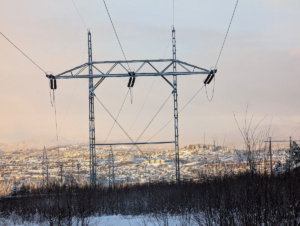
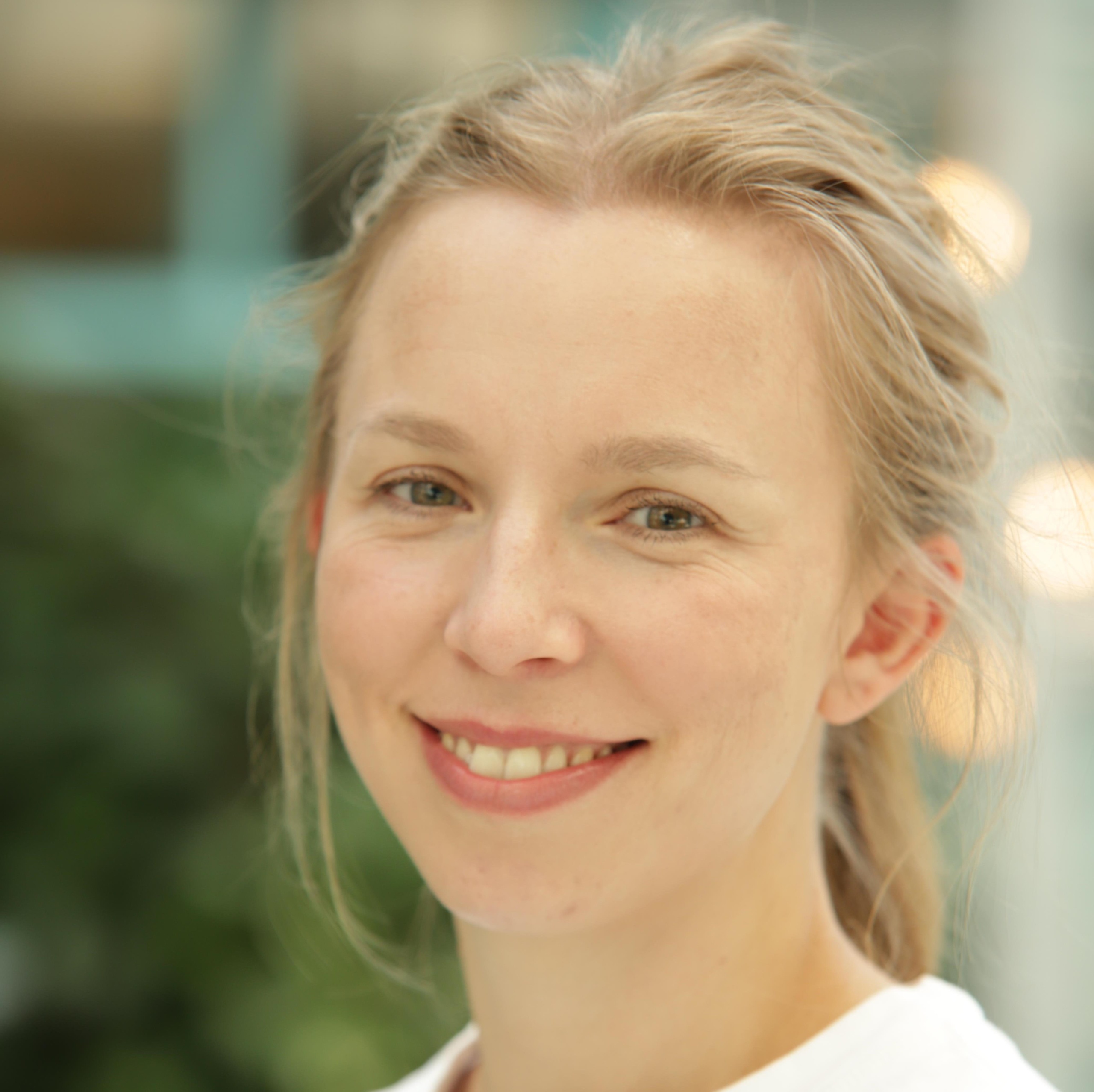
Comments
No comments yet. Be the first to comment!